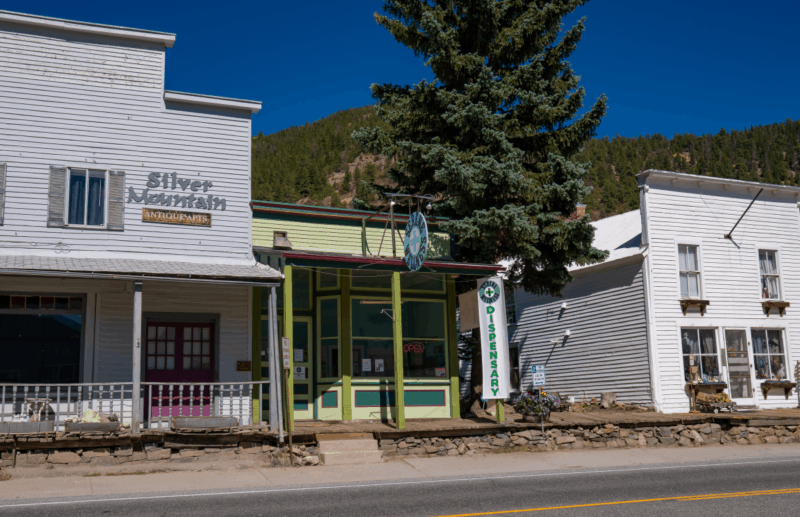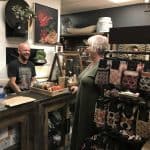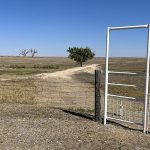
Even small towns are seeing more and more medical marijuana dispensaries open. Should local leaders fight it, encourage it or ignore it? Photo: Empire, Colorado. CC license by Tony Webster on Flickr.
In each state that has decriminalized marijuana sales, there’s a usual pattern that happens. Immediately after it is allowed, cannabis dispensaries or legal weed stores start opening all over town, even in small towns. At the peak, it can feel like every other store front is a pot shop!
Should city governments local leaders or economic developers try to do anything about the sudden surge in marijuana stores? Should they encourage them, discourage them or just ignore them and hope for the best?
Are dispensaries hurting the community? Or is medical marijuana a net benefit in areas with fewer health care facilities? More socially conservative residents may oppose pot shops, while others don’t see it as political. Because of the controversy around medical marijuana in some rural areas, I think local leaders’ best plan is to stay out of it. Let the natural business cycle take its course.
Here’s what I mean about the business cycle. Local entrepreneurs will open new shops to take advantage of the sudden opportunity. Over time, some of them will be more successful than others. Eventually consolidation will happen. Unsuccessful stores will close. Successful owners will buy out less successful owners, and may even form into mini chains of stores. Outside owners, especially successful ones from larger towns, may come in to buy out other stores. This has already started in many states that have had medical marijuana for several years.
It’s only natural that this change will be uncomfortable during the transition. It will take time but the number of shops will fall back to a more moderate number. In the meantime, don’t let them distract from other positive steps you can be taking to make your community a better place.
- About the Author
- Latest by this Author
Becky started Small Biz Survival in 2006 to share rural business and community building stories and ideas with other small town business people. She and her husband have a small cattle ranch and are lifelong entrepreneurs. Becky is an international speaker on small business and rural topics.










